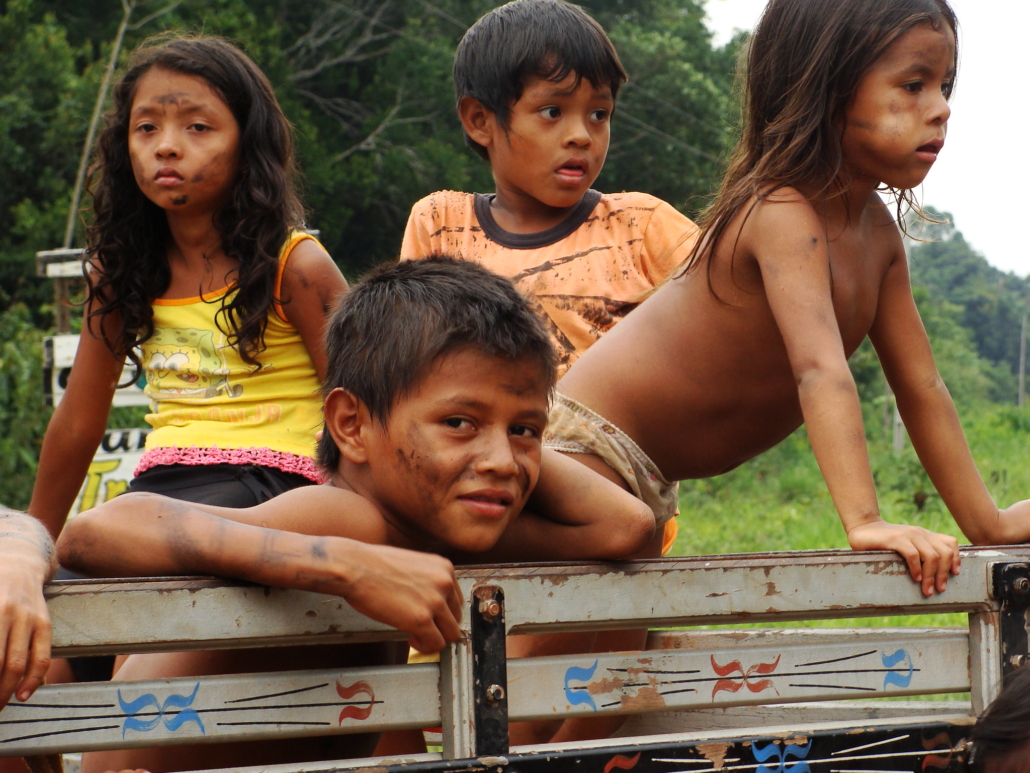Improving Life for Those with Disabilities in Brazil
 The past few years have witnessed incredible economic growth and development within Brazil. As of October 2022, it has the 10th largest economy in the world and the greatest in Latin America. Brazil’s transformation into an economic world player is impressive but does not diminish the immediate issues the country faces. Taking a closer look at its infrastructure and the everyday lives of the vulnerable brutally reveals areas of Brazil’s society that require urgent attention. One of the factors that requires significant attention is the challenges that those with disabilities in Brazil face.
The past few years have witnessed incredible economic growth and development within Brazil. As of October 2022, it has the 10th largest economy in the world and the greatest in Latin America. Brazil’s transformation into an economic world player is impressive but does not diminish the immediate issues the country faces. Taking a closer look at its infrastructure and the everyday lives of the vulnerable brutally reveals areas of Brazil’s society that require urgent attention. One of the factors that requires significant attention is the challenges that those with disabilities in Brazil face.
Life for Those with Disabilities in Brazil
In Brazil, there is a strong social stigma surrounding people who have a disability. Investigative research carried out in Rio de Janeiro revealed poor living conditions of organizations that housed those with mental and physical impairments. Referred to as ‘institutions’ by Human Rights Watch, individuals were subject to inhumane conditions, little to no education and inadequate sanitary standards. In some situations, it was reported that individuals were tied to their beds or left outdoors for prolonged periods.
These shocking living conditions demonstrate how people living with a disability are far more likely to be classified as living in poverty. For example, persons with a disability average a monthly salary of R$1,639, while the average salary is R$2,619 a month for those without a disability. Furthermore, a survey in 2019 revealed that 18.2% of people with a disability live below the poverty line.
Although not representative of the living standards of the entire disabled Brazilian population, it highlights the demand for greater government intervention. In a 2010 demographic, around 26% of the population declared that they had some kind of disability, around 46 million people. And yet, health systems within the country have faced severe funding cuts in previous years. Under the rule of Jair Bolsonaro, budgeting and the COVID-19 pandemic hit the health sector hard.
The 2023 budget that Bolsonaro’s government left proposed a USD $4.2 billion reduction of investment within the health sector. Research carried out in 2022 determined that the political climate in previous years in Brazil impeded the aims and progress of the National Health Policy for Persons with Disabilities (PNSPCD). This organization focuses on the inclusion of disabled people by encouraging and promoting effective participation in society for people with disabilities.
Employment and Education
There are still inequalities within employment and education that prohibit the improvement in the lives of those with disabilities in Brazil. As of 2023, only one in four persons with a disability completed mandatory basic education. Of the 99.3 million employed people in 2022, only 4.7% were persons with a disability. However, there has also been greater involvement of inclusive organizations such as Rede Empresarial de Inclusão Social (REIS) and the Latin American Network of Non-Governmental Organizations of Persons With Disabilities and their Families (RIADIS).
Looking toward the future of inclusivity for the disabled in Brazil, President Luiz Inácio Lula da Silva has pledged to enact social reform. In a meeting with the Director of the Pan American Health Organization (PAHO) in July 2023, the Brazilian President discussed the importance of improving access to health products and systems for all at affordable prices. Indicative of a greater focus on the more vulnerable in society, disability accessibility in Brazil is gradually becoming more inclusive and less stigmatized. With the contribution of organizations and programs such as Inklua, an online database to find employment for disabled persons, the lives of those with disabilities in Brazil is improving.
Brazilian job search engine Catho has the largest database of candidates with disabilities, aiding in bridging the gap between monetary income and physical impairment.
The Future
With a new president and greater awareness of inclusivity and access to health care, Brazil’s post-pandemic social policy looks hopeful. Following a period of divide regarding health care, corruption and the environment, Brazil has the opportunity to turn its attention to its own people and improve the lives of its poorest and most vulnerable.
– Sophie Butts
Photo: Flickr
